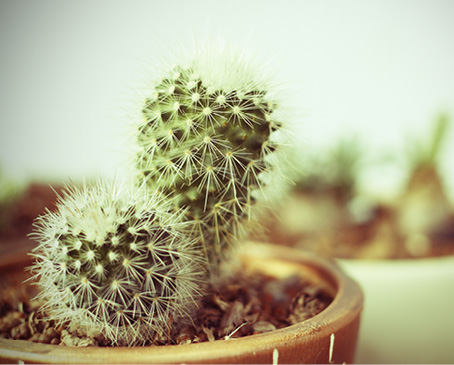-
Understanding Grief ›
-
- Truths about grief
- What grief looks and feels like
- Common challenges with grief
- Grieving before the loss
- Ideas for living with loss
- Grief triggers
- How long grief lasts
- How the loss affects families and others
- When life starts to get better
- Special dates
- Rituals, funerals, and memorials
- Do I need more help?
- Prolonged grief
-
-
Grieving a Death ›
-
Non-death Loss ›
-
Supporting Someone ›
-
Professionals & Volunteers ›
-
Resources & More ›
Rituals, funerals, and memorials
Funerals, memorial services, and rituals surrounding death play an important role across cultures. These activities provide a chance for individuals, families, and communities opportunity to acknowledge the death, express grief, and honour the person who died.
Customs vary, depending on cultural, spiritual, and personal beliefs. For example, in many Western traditions, funerals are held in places of worship or funeral homes, followed by a procession to a cemetery or crematorium. However, in some cultures, ceremonies are held in the person’s home or outdoors, emphasizing personal reflection and connection to nature. Many cultures also include traditions and rituals such as lighting candles or incense, singing, dancing, offering prayers, and sharing stories of the deceased.
Across cultures, death rituals support the living by affirming shared values, spiritual beliefs, and sense of community. Here are some examples:
- Hinduism: After cremation, a series of rituals are performed, aimed at helping the soul on its journey. This may include the scattering of ashes in a sacred river.
- Some Indigenous cultures: Sacred ceremonies to honor the dead may be held. These often involve songs, dances, and the retelling of ancestral stories to keep the person’s memory alive.
- Buddhism: Memorial services focus on helping the spirit of the person who died to find peace. This is achieved through prayer recitation and meditation.
- Some secular communities: Non-religious memorials may reflect the person’s unique life, celebrating their legacy without religious overtones.
Regardless of the specific activities, these rituals provide a way to express personal and collective grief and help people to acknowledge the loss and honour the person who died.
Preparing for a funeral or memorial can feel overwhelming, but there are things that can help.
- Understand that it’s okay to feel a range of emotions. Sadness, yearning, love, anger, relief, and numbness are all common expressions of grief.
- Learn about what you can expect at the service. For example, you might ask where it will be held, what kind of ritual will take place, and what your role is or could be.
- If you're feeling anxious, try talking to someone you trust about your feelings or consider seeking support from a counselor or spiritual care provider.
- Remember that it’s okay to take breaks during the event if you start to feel overwhelmed.
- Don’t feel pressured to follow every tradition if something doesn't feel right for you.
These events are meant to help you process loss, so it’s important to find ways to participate that are meaningful and comfortable for you.
Video Gallery
Resources
The Canadian Healing Quilt stitches together life stories to provide comfort, healing, and serve as a lasting remembrance. Create a free, online lasting tribute for someone important to you. Share sto ... Read more
Through ritual, you may gain the sense that your life has meaning and your legacy will live on. Family members may also find strength in knowing that they are a part of a tradition that will carry on ... Read more
Rituals are one way to mark the end of life with the kind of special attention that death seems to deserve. You may find that rituals can be a source of comfort for you, your family and the one who is ... Read more
Through ritual, you may gain the sense that your life has meaning and your legacy will live on. Family members may also find strength in knowing that they are a part of a tradition that will carry on ... Read more
Rituals are one way to mark the end of life with the kind of special attention that death seems to deserve. You may find that rituals can be a source of comfort for you, your family and the one who is ... Read more
The Canadian Healing Quilt stitches together life stories to provide comfort, healing, and serve as a lasting remembrance. Create a free, online lasting tribute for someone important to you. Share sto ... Read more


